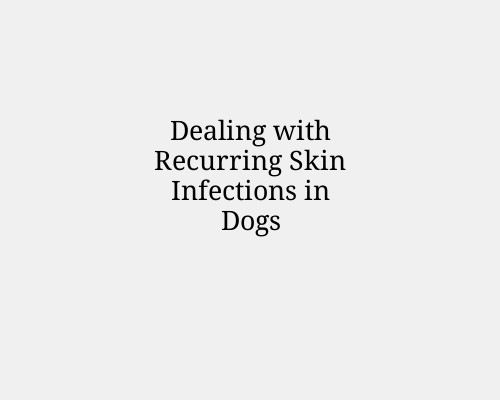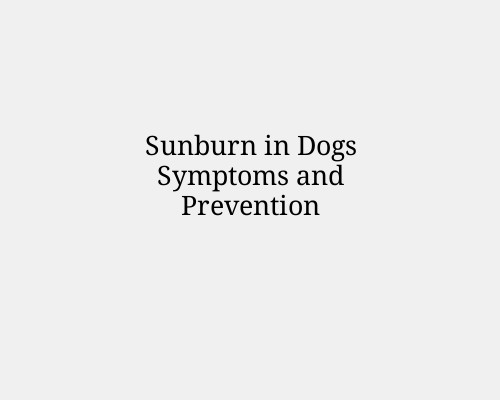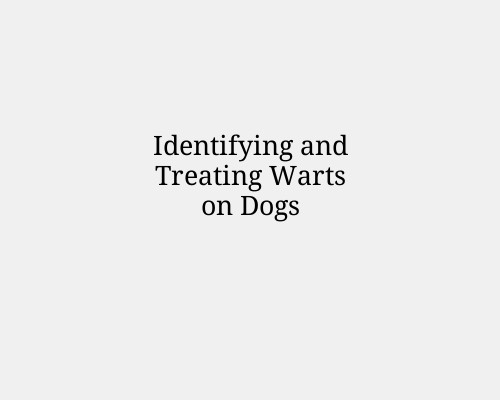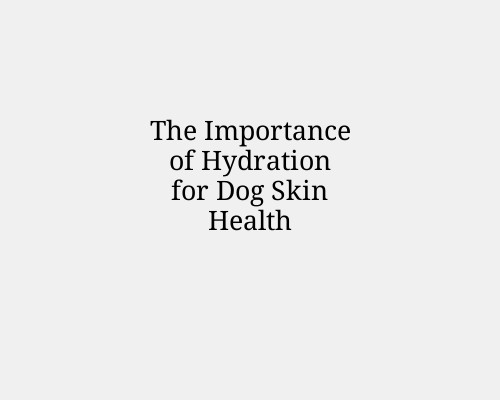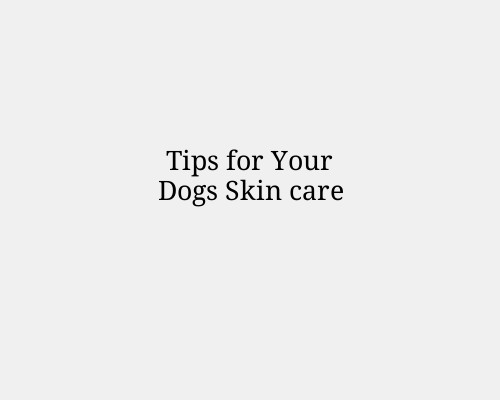Dealing with Recurring Skin Infections in Dogs
Recurring skin infections in dogs can be frustrating for pet owners and uncomfortable for the affected dog. While an occasional skin issue may not be cause for concern, persistent or recurrent infections often indicate an underlying problem that needs to be addressed. Understanding the causes, symptoms, and treatment options can help dog owners effectively manage and prevent these infections.
Common Causes of Recurring Skin Infections in Dogs
Allergies
Environmental Allergies (Atopy): Dogs can develop allergic reactions to pollen, dust mites, mould, and other environmental triggers.
Food Allergies: Certain proteins (e.g., chicken, beef, dairy) can cause skin reactions, leading to persistent infections.
Flea Allergy Dermatitis: Even a single flea bite can trigger an intense allergic reaction in some dogs.
Bacterial and Fungal Infections
Bacterial Infections (Pyoderma): Staphylococcus bacteria commonly cause superficial or deep pyoderma, leading to redness, pustules, and hair loss.
Yeast Infections: Malassezia yeast overgrowth, often linked to allergies or immune issues, can lead to itchy, greasy, and odorous skin.
Hormonal Imbalances
Hypothyroidism: A sluggish thyroid can weaken the immune system, making the skin more prone to infections.
Cushing’s Disease: Excess cortisol production can lead to thin skin, hair loss, and increased susceptibility to infections.
Parasites
Mites (Demodectic and Sarcoptic Mange): Demodex mites are often linked to immune deficiencies, while sarcoptic mange is highly contagious and causes intense itching.
Fleas and Ticks: These parasites can cause irritation and secondary infections due to excessive scratching.
Autoimmune Diseases
Conditions like pemphigus or lupus can cause chronic skin issues and make dogs vulnerable to bacterial and fungal infections.
Poor Grooming and Hygiene
Dirt, moisture, and matting can create an environment for bacterial and fungal growth.
Skin folds (e.g., in bulldogs and pugs) can trap moisture and lead to recurring infections.
Signs of Recurring Skin Infections
Red, inflamed skin
Itching and excessive scratching
Pustules, scabs, or crusting
Hair loss (alopecia)
Odour (especially with yeast infections)
Greasy or flaky skin
Thickened or darkened skin (chronic infections)
Diagnosis of Skin Infections in Dogs
A veterinarian will conduct a thorough exam and may use the following tests to determine the cause:
Skin Scraping: To check for mites and microscopic infections.
Cytology: Examining skin cells for bacteria, yeast, or inflammatory cells.
Bacterial Culture and Sensitivity: To identify the specific bacteria and the most effective antibiotic.
Allergy Testing: Blood or skin tests to determine environmental or food allergies.
Hormone Testing: To check for thyroid or adrenal gland disorders.
Treatment Options for Recurring Skin Infections
Antibiotics and Antifungals
Bacterial infections may require oral or topical antibiotics.
Fungal infections (yeast) often respond to antifungal shampoos, wipes, or oral medications.
Anti-Inflammatory Medications
Corticosteroids or Apoquel may be prescribed to reduce itching and inflammation.
Antihistamines (e.g., Benadryl) may help in mild cases.
Medicated Shampoos and Topicals
Chlorhexidine-based shampoos help combat bacterial infections.
Miconazole or ketoconazole shampoos are effective against yeast.
Antimicrobial sprays and wipes help treat localized infections.
Addressing Underlying Conditions
Hypothyroidism requires thyroid hormone supplementation.
Cushing’s disease may need medical management.
Allergy management through diet changes, antihistamines, or immunotherapy can prevent flare-ups.
Improving Diet and Supplements
A high-quality, balanced diet supports skin health.
Omega-3 fatty acids (from fish oil) reduce inflammation and improve coat condition.
Probiotics help support the immune system and gut health.
Parasite Control
Consistent flea and tick prevention (oral or topical) is crucial for dogs prone to infections.
Regular grooming and flea combing can help identify issues early.
Managing Environmental Allergies
Frequent bathing with hypoallergenic or medicated shampoos.
Cleaning bedding and vacuuming regularly to reduce allergens.
Using air purifiers to minimize dust and pollen exposure.
Preventing Recurring Skin Infections
Regular Grooming: Keep the coat clean and dry. Brush regularly to prevent matting.
Proper Nutrition: Provide a high-quality diet with essential fatty acids.
Routine Vet Visits: Early detection of skin issues prevents worsening conditions.
Allergy Management: Identify and avoid allergens when possible.
Consistent Parasite Control: Use year-round flea and tick preventatives.
When to See a Veterinarian
Seek veterinary attention if your dog:
Has persistent or worsening skin infections despite treatment.
Shows signs of discomfort, excessive itching, or pain.
Develops open sores, bleeding, or foul-smelling discharge.
Experiences hair loss or changes in skin colour/texture.
Conclusion
Recurring skin infections in dogs are often a symptom of an underlying issue rather than an isolated problem. Identifying the root cause—whether allergies, hormonal imbalances, or parasites – is key to effective treatment and prevention. With a combination of veterinary care, proper hygiene, and targeted management strategies, dog owners can help their pets achieve healthier skin and a better quality of life.

